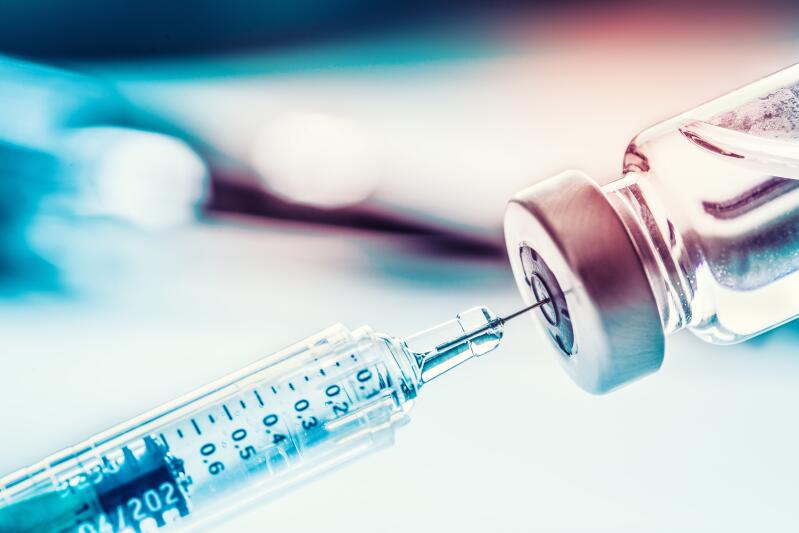-
Your concerns
Our articles to help you gain a better understanding
-
Our solutions
-
DUCRAY Dermatological Laboratories
Our articles to help you gain a better understanding

Biotherapies have revolutionized psoriasis treatment. They appeared about twenty years ago, and they are constantly being developed: there are now more than ten different types, and more are scheduled for commercialization in the coming years.
These innovative and expensive treatments are administered by injection and must be stored in a cool place. They are essentially what are known as monoclonal antibodies that target an inflammation molecule, such as TNF-alpha, IL-23 or more recently IL-17. These drugs reduce psoriasis activity by lowering the levels of the molecules responsible for skin and/or joint inflammation.
Psoriasis biotherapies are intended for patients with skin and/or joint psoriasis in cases where other available psoriasis treatments have failed, are contraindicated or are not tolerated. Treatment is initially administered in hospital and is closely monitored by a dermatologist or rheumatologist depending on the type of psoriasis. Injections are usually administered at home, either once a week, once every two weeks or even once a month according to the treatment protocol. It is not always easy to inject yourself, which is why the procedure can be performed by a family member or friend, or by a nurse.
Spectacular results can often be obtained with biotherapies in psoriasis treatment, as if the disease had completely and definitively disappeared. But it is still present, which is why patients must often take treatment for many years, and sometimes for life. Biotherapies can be combined with local or oral treatments for greater efficacy.
Like any drug, biotherapies are not without side effects, such as an increased risk of infection due to a lowering of immune defenses. But don't panic! A few common sense rules, such as washing your hands regularly and getting vaccinated against the flu can reduce this risk. In case of fever, contact a doctor immediately.
Psoriasis-prone skin